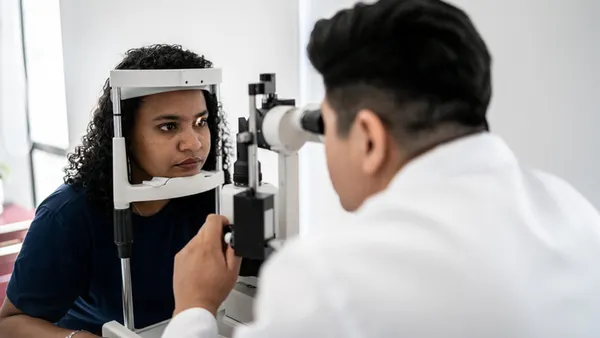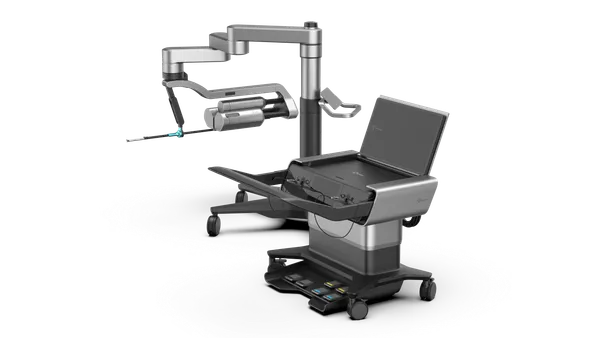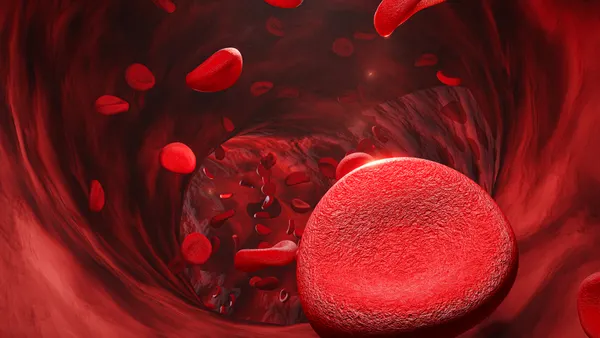Dive Brief:
- FDA pitched Sens. Elizabeth Warren of Massachusetts and Patty Murray of Washington on a legislative proposal in August to establish a progressive approval pathway aimed at fostering development of new medical devices for children and other underserved populations, the lawmakers said Tuesday.
- In a new letter released Tuesday, the two Democrats argue it runs counter to former FDA Commissioner Scott Gottlieb's assurance that such a framework, similar to the Animal Drug User Fee Act's conditional approval pathway, would not be suitable for human medical products.
- At issue is a potential two-tier approval system where certain devices that treat life-threatening or irreversibly debilitating diseases could gain a provisional three-year approval based on safety and performance data. Sponsors would then collect safety and effectiveness data to remain on the market or face the sunset of the provisional approval.
Dive Insight:
The letter is the latest volley between the lawmakers and the FDA over expansion of the conditional approval-type pathway to human products.
The agency said no steps have been taken to implement the new pathway due to inadequate statutory authority, stating the idea "is a legislative proposal to amend" the Federal Food, Drug, and Cosmetic Act "that FDA would like to pursue in discussions with Congress."
In the latest letter, the duo ask what types of devices would be eligible for the proposed pathway, whether FDA can ensure high quality postmarket data collection and whether the agency has the authority to claw back provisionally approved devices on the market.
Last year, former FDA chief Scott Gottlieb sought to calm lawmaker concerns that user fee legislation allowing conditional approval for animal drugs in some cases would set a harmful precedent.
"FDA believes conditional approval offers a unique pathway to address specific challenges of certain aspects of veterinary medicine that human medicine does not face. Therefore, FDA does not believe this pathway would be suitable for human medical products," he and FDA Center for Veterinary Medicine Director Steve Solomon wrote in a July 2018 letter to HELP Committee Chairman Lamar Alexander, R-Tenn., and Murray.
The lawmakers called out that assurance.
"We are disappointed by FDA's clarification that the agency no longer fully stands by former-Commissioner Gottlieb's commitment made in July of 2018 that the 'FDA does not believe this [conditional approval] pathway would be suitable for human medical products,'" Warren and Murray wrote in their newest letter Tuesday. "We recognize the challenges in developing medical and surgical devices for populations with unmet medical needs."
While the Humanitarian Device Exemption pathway is intended to help spur development of devices for small populations, FDA argues the path does not address the needs of children. Only four devices have been approved through the pathway with pediatric-specific labeling.
"The HDE pathway is limited to certain devices designed to treat or diagnose a disease or condition affecting not more than 8,000 patients per year," the agency wrote. "FDA believes progressive approval would foster safe innovation in medical devices to meet many unmet needs, including the complex needs of small populations such as pediatrics."
Mike Carome, director of Public Citizen's Health Research Group, called FDA's effort to convince lawmakers to greenlight a progressive device approval pathway for pediatric medical devices "very troubling" and "a terrible idea."
"Do we want to expose our children to devices that are potentially unsafe, where we haven't established their risks and benefits to any satisfactory degree?" Carome said. "They are essentially going to be guinea pigs."
FDA says for a device to stay on the market under its progressive approval proposal, medical device manufacturers would be required to collect postmarket data through a registry, electronic health records or other sources of real-world data.
The National Evaluation System for health Technology is one way FDA says it would be able to monitor devices under a progressive provisional approval, but Warren and Murray question whether the system is developed enough to rely on. They also ask FDA if it would require sponsors to share data with NEST. The senators ask FDA to respond to their new letter by Nov. 13.
Center for Devices and Radiological Health Director Jeff Shuren told MedTech Dive at The MedTech Conference he hopes FDA will be able to work with Congress to do what is "ultimately in the best interest of patients."
"We are doing a disservice to the children of the U.S. by not pushing for meeting their needs in technology," Shuren said. "We would see in a progressive approval model that we can now get to address those small patient populations that do not qualify for the humanitarian device exemption."











